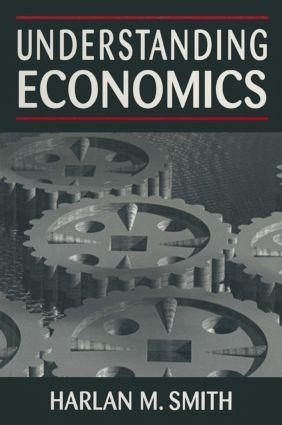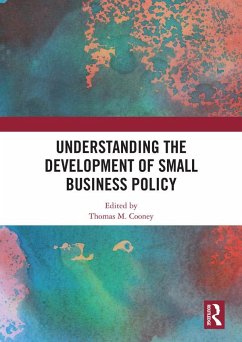
Understanding Economics
Versandkostenfrei!
Versandfertig in 1-2 Wochen
85,99 €
inkl. MwSt.
Weitere Ausgaben:

PAYBACK Punkte
43 °P sammeln!
Written especially to be compatible with most introductory economics courses, this book encourages readers to apply basic economic principles to their own life experiences. It supplements basic economic training by providing a critical examination of the essential economic theorems and concepts, and the practical contexts in which they can be understood. Smith discusses caeteris paribus, the production possibilities frontier, supply and demand, competition, comparative advantage, wealth distribution, "the invisible hand", utility, elasticity, money and finance, the international economy, macro...
Written especially to be compatible with most introductory economics courses, this book encourages readers to apply basic economic principles to their own life experiences. It supplements basic economic training by providing a critical examination of the essential economic theorems and concepts, and the practical contexts in which they can be understood. Smith discusses caeteris paribus, the production possibilities frontier, supply and demand, competition, comparative advantage, wealth distribution, "the invisible hand", utility, elasticity, money and finance, the international economy, macroeconomics, and the future development of economics and economic systems. The book is organized so that it may either be used as a stand-alone text for the short course in economics or as a supplemental work to augment the main "Principles of Economics" texts used in the full course.














